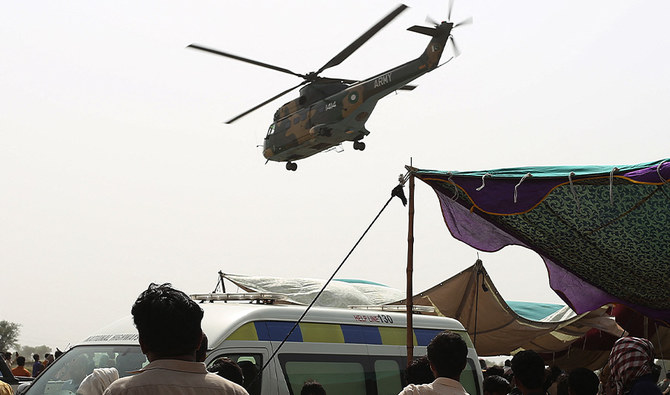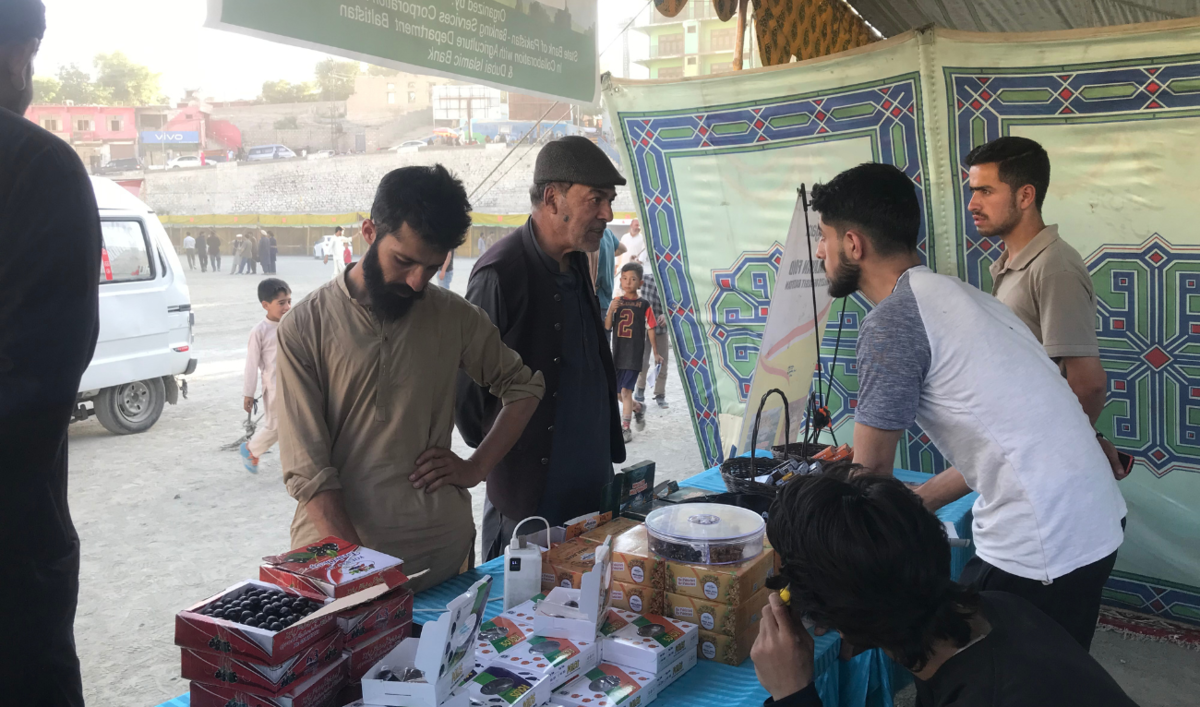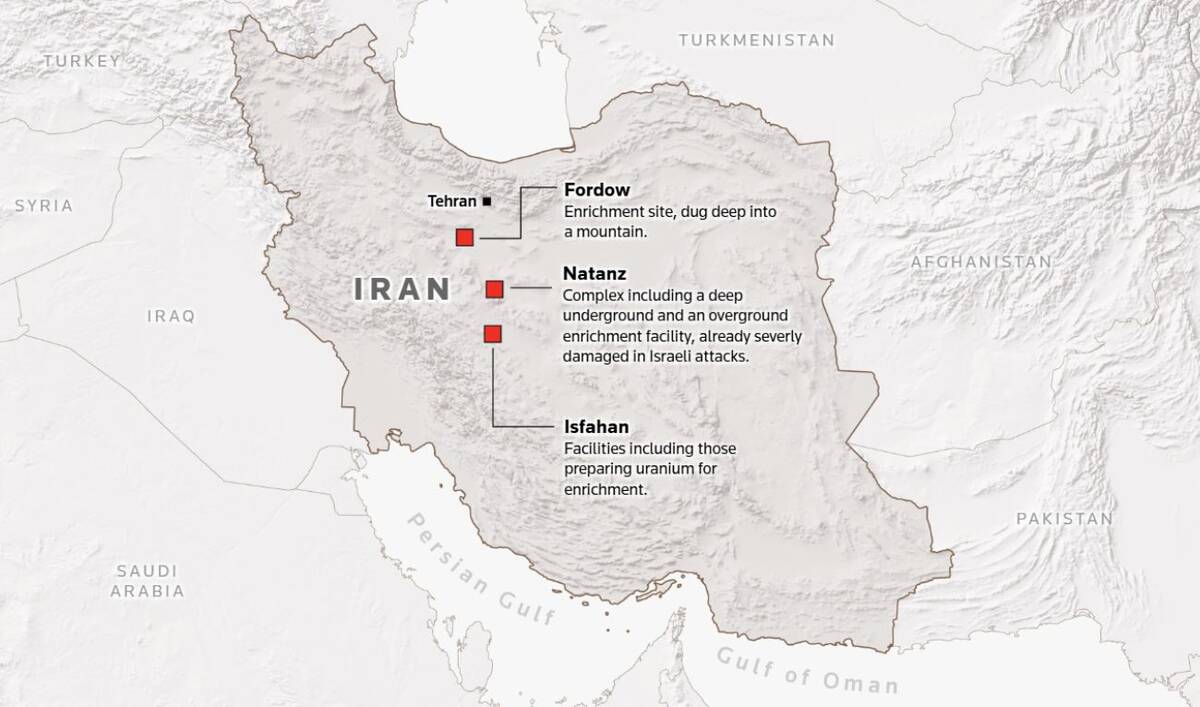QUETTA: The Pakistan army on Tuesday confirmed six people, including Lt. Gen. Sarfaraz Ali, commander XII Corps, were killed in a helicopter crash caused by “bad weather,” a day after the chopper went missing during a flight to review relief operations in the country’s monsoon-ravaged southwest.
Torrential rains since the monsoon season began in June have caused flash floods in several parts of the country.
Around 450 people have been killed in rain-related incidents across Pakistan since mid-June, with Balochistan worst hit with 164 deaths as of Tuesday. Four army aviation helicopters have been participating in rescue and relief work in several districts of the province.
On Monday, the army’s media wing said an army aviation helicopter with Gen Ali onboard had gone missing. Wreckage was found by military and police search parties on Tuesday afternoon in the mountainous terrain of Lasbela district, a senior police official told Arab News.
Gen Ali was accompanied on the chopper by the director general of the Pakistan Coast Guard, Major General Amjad Hanif Satti. Four others onboard included two brigadiers, including one promoted to the rank of major general last week, two majors and one naik.
“The wreckage of unfortunate hel which was on flood relief ops found in Musa Goth, Windar, Lasbela. All 6 offrs & sldrs incl Lt Gen Sarfraz Ali embraced shahadat [martyrdom],” the army’s media wing said. “Accident occurred due to bad weather as per initial investigations.”
Before being posted as the top commander in Balochistan, Gen Ali served as Inspector General of the paramilitary Frontier Corps in South Balochistan, as DG Military Intelligence as well as the Commander 111 Brigade in Rawalpindi and Defense Attaché at the Pakistan Embassy in the United States. Last year, Army Chief Gen Qamar Javed Bajwa also formally installed Gen Ali, Cas Col. Commandant of AK Regiment, one of the seven infantry regiments in the Pakistan Army and the first to be raised after the independence of Pakistan from British colonial rule.
Prime Minister Shehbaz Sharif expressed “deep grief and sorrow over the martyrdom of the 6 army officers and soldiers.”
“The entire nation salutes Lt. Gen. Sarfaraz Ali, DG Pakistan Coast Guard Major General Amjad, Commander Engineer 12 Corps Brig. Khalid, Pilot Major Saeed, Co-Pilot Major Talha and Crew Chief Naik Mudassar Shaheed,” the PM said in a statement, naming the deceased soldiers.
“These sons of the country are the pride of the nation who sacrificed their lives to save the lives of their countrymen surrounded by floods,” the PM added.
Balochistan chief minister Mir Abdul Quddus Bezinjo said in a statement that Gen Ali had “played a role for the peace and development of Balochistan in whatever position he was appointed.”
“The people of Balochistan salute the martyrs,” the CM said in a statement.
Despite the helicopter crash, the Provincial Disaster Management Authority said rescue and relief operations were continuing in Lasbela, Dera Murad Jamali and Qilla Saifullah, with Pakistan army helicopters assisting the district administration in reaching remote areas hit by floods and cut off due to infrastructure damage from flash floods.
“People are being airlifted and shifted to safe places,” PDMA control room in-charge Shah Jamal told Arab News, “while distribution of food items and medicines continue in all flood hit districts.”
Speaking to Arab News earlier in the day, deputy superintendent police in Hub, Younus Raza, said the helicopter, which flew from Uthal, a city of Lasbela district in Balochistan province, and was en route to the Faisal Airbase in Karachi, disappeared soon after evening prayers on Monday.
After a nightlong search operation, authorities in the southwestern province found the wreckage, he said.
“The army and police search teams have recovered the wreckage from Musa Goth area near the Sassi Punnuh shrine in Lasbela along with two bodies that are yet to be identified,” Raza told Arab News. “The helicopter has been completely destroyed and the search teams are trying to recover other bodies.”
Raza said search teams had been searching in the rugged mountainous region of Windar near the Sassi Punnuh shrine after receiving reports the missing helicopter was last seen flying low in the area.”
“Due to the dark terrain, the search teams were facing problems, but police teams were also moved toward the mountainous area on motorbikes,” the policeman added.
A spokesperson for Baloch Raaji Aajoi Sangar (BRAS), an umbrella group of separatist groups in Balochistan, the site of a decades-long insurgency, said militants had shot down a “low flying helicopter of Pakistani military in a mountainous area between Windar and Noorani in Balochistan.”
“The targeted helicopter crashed near Moosa Goth in Dareji,” the statement said.
However, Meer Zia Langove, an adviser to the Balochistan chief minister, rejected the BRAS claim, saying the military had issued a “clear statement that the helicopter crashed due to bad weather.”
“The terrorists claims was baseless because they are attempting to show their presence but security forces have eliminated terrorists and their hideouts in Balochistan,” Zangove added.



















